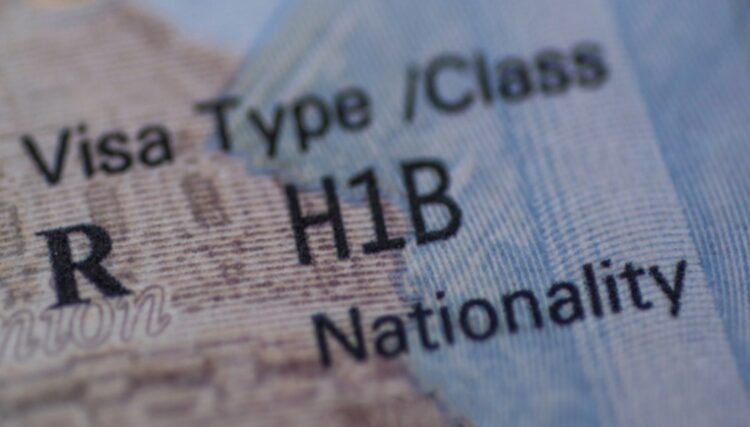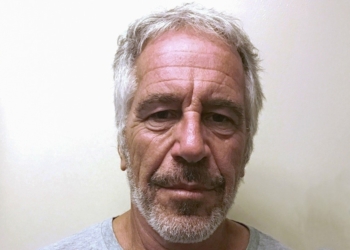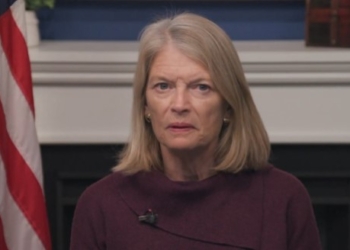New York: Nearly 70 nationals have filed a lawsuit against the US government for denying them H-1B visas because of fraud committed by their employers, a report by Bloomberg Law said.
The Department of Homeland Security (DHS) denied the Indian graduates H-1B specialty occupation visas despite their subsequent employment at legitimate businesses, a lawsuit filed in federal district court in Washington state said this week.
According to the complaint, the Indian graduates — employed via a training programme for foreign graduates of US colleges and universities — were unfairly punished for their association with those businesses without a chance to respond.
The Indians in the suit worked for four IT staffing companies — Andwill Technologies, AzTech Technologies LLC, Integra Technologies LLC, and WireClass Technologies LLC.
Each of the companies was approved to participate in OPT (Optional Practical Training) and certified through the E-Verify employment verification program.
Many international graduates participate in the OPT programme to start careers in the US while attempting to secure an H-1B visa or other longer-term status.
According to the lawsuit, DHS later uncovered the companies’ scheme to defraud the government, schools, and foreign national students.
“Rather than protecting the students, however, DHS later sought to sanction them as if they were co-conspirators who knowingly participated in the fraudulent operation,” the Bloomberg Law said, citing the complaint.
“The agency assumed that anybody who had touched these companies was somehow guilty of fraudulent misrepresentations to the US government in an attempt to get a visa or immigration benefit,” said Wasden Law attorney Jonathan Wasden, who’s representing the plaintiffs.
“DHS has to go through the process of actually giving the affected parties notice and the ability to respond,” Wasden said.
The complaint mentioned the case of Siddhartha Kalavala Venkata, who said he was in “complete pain” after learning he couldn’t enter the US.
Venkata worked at Integra through OPT after completing a master’s degree in 2016 at the New York Institute of Technology.
The company, listed as one of the largest participants in the OPT programme, employing more than 700 student visa holders as recently as 2019, told students they needed to pay for training to further upgrade their skills.
Venkata left within months for a position with another IT firm and later attempted to change status from an F-1 visa to an H-1B visa last year. But DHS denied his H-1B visa, deeming him inadmissible because of fraud or willful misrepresentation, the news report said.
“If I made a mistake, I would accept it. It was a mistake made by someone else. The US has given me a lot of opportunities that now I cannot use,” Venkata was quoted as saying in the report.
Venkata and others are asking the court to set aside the DHS’ decision on their visa applications and order that the agency allow them to respond to any fraud allegations before making a determination on their admissibility to the US.
The complaint stated that the DHS violated the Administrative Procedure Act by exceeding its authority and deeming the plaintiffs as inadmissible without a full record of the evidence.
The agency’s actions were also procedurally deficient because it didn’t notify the visa applicants of the action against them, the complaint said.
More than 1,17,000 people participated in the programme in calendar year 2022, according to Immigration and Customs Enforcement, the DHS component that runs the OPT program.
(IANS)















